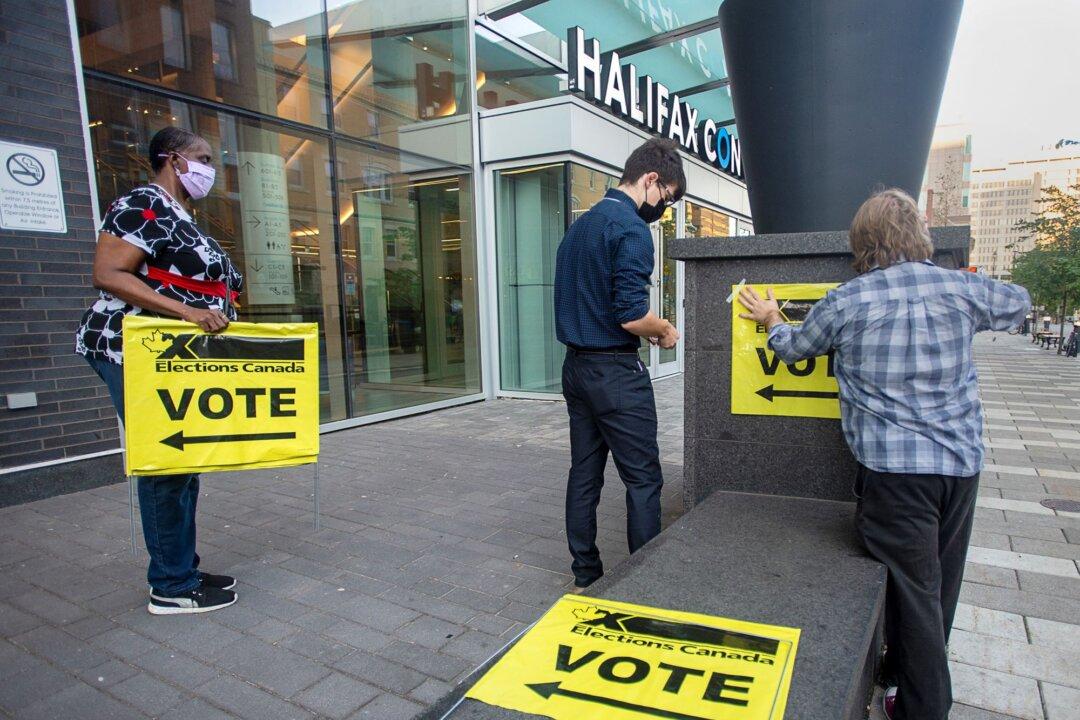Morris Rosenberg, the author of a recent report released by the federal government concluding that foreign interference attempts in the 2019 and 2021 elections did not sway their outcomes, says a public inquiry into interference reports should “be on the table.”
Rosenberg, who is a former senior public servant, appeared on CTV’s Question Period on March 5, where he gave his thoughts on the supposed drawbacks and benefits of calling a public inquiry into election interference.





